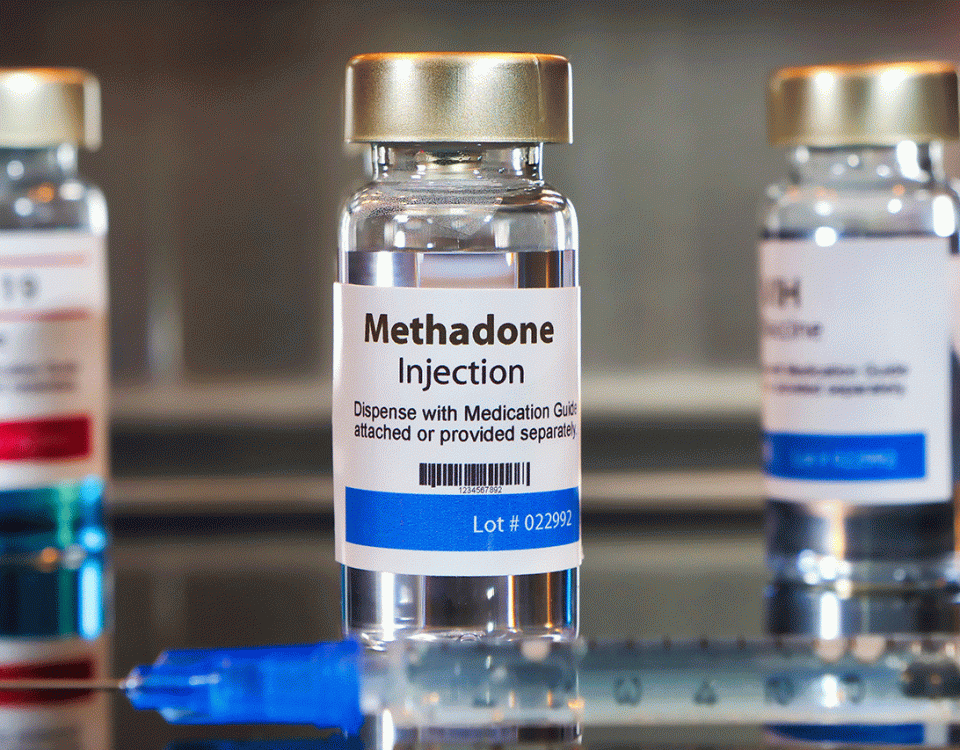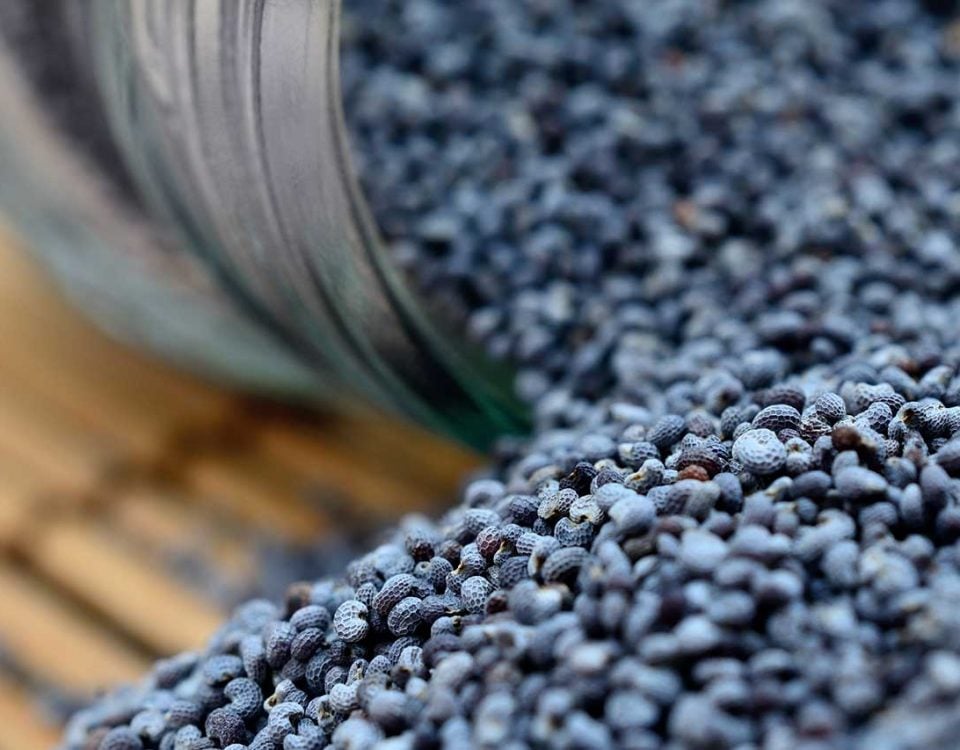Amid the alarming backdrop of over 100,000 annual overdose deaths in the United States, exacerbated by the COVID-19 pandemic, the limited accessibility of methadone treatment emerges as a critical bottleneck in curbing the opioid crisis. With methadone exclusively available within federally certified opioid treatment programs (OTPs), vast suburban and rural communities find themselves without this vital intervention. This scarcity prompts a pressing exploration of alternative prescribing practices to ensure equitable access and mitigate the repercussions of limited availability. Banyan Treatment Centers Stuart delves into the complexities surrounding the 2023 methadone shortage and lack of accessibility, shedding light on the potential expansion of prescribing privileges and offering actionable insights for individuals facing medication shortages.
Is There a Methadone Shortage?
It is indisputable that methadone plays a vital role in reducing the risk of overdose deaths and enhancing the health of those suffering from opioid use disorder (OUD). However, the way methadone therapy is now provided in the US raises questions regarding accessibility, especially for suburban and rural areas. Only federally accredited opioid treatment programs (OTPs) can distribute methadone for OUD, which contributes to the OTP shortage and leaves many areas without access to methadone treatment. The impact of the opioid crisis on people living in these neglected areas is exacerbated by the shortage that is especially noticeable in suburban and rural communities.1
The difficulty is exacerbated by the fact that most suburban and rural regions in the United States do not have universal access to methadone therapy. A significant section of the population lacks simple access to methadone therapy due to the current system, which is only available through OTPs with federal certification. To solve this problem and guarantee that people with OUD have fair access to life-saving therapies, it is necessary to investigate alternate strategies that can increase the availability of methadone treatment in underprivileged communities.1
Questions about our Facilities or Programs?
Our admissions coordinators are available 24/7 to answer any questions you may have as you consider whether treatment at Banyan is right for you or your loved one.
What Are the Repercussions?
The ramifications of this 2023 methadone shortage are far-reaching, contributing to the escalation of the opioid crisis and its consequences. The absence of federally accredited opioid treatment programs (OTPs) and the restricted access to methadone in these establishments are formidable obstacles to the efficient management of opioid use disorder (OUD) throughout the nation's various communities.
Key repercussions to consider include:
- Increased overdose deaths: People with OUD may not have access to a tested intervention that could avert fatal consequences, which raises the possibility of overdose deaths due to a lack of methadone treatment choices.
- Health inequities: Because suburban and rural populations are disproportionately affected by limited availability, inhabitants in these locations are deprived of access to essential treatment resources, which perpetuates health disparities.
- Underutilization of methadone: The present restrictive framework leads to a generalized underutilization of methadone, a highly effective opioid agonist, in the treatment of OUD.
Individuals are not the only ones affected by this shortage; communities dealing with the social and economic ramifications of the opioid epidemic, such as the Methadone Mile in Massachusetts, are also impacted. Acknowledging the need for a complete solution, we must investigate ways to increase access to methadone therapy, lessen these effects, and promote a more inclusive strategy for addressing the opioid issue.
Do You Know What to Do if Medication Is Out of Stock?
If faced with the unavailability of methadone medication, it is crucial for individuals not to abruptly discontinue their treatment. Abrupt cessation can lead to withdrawal symptoms and an increased risk of relapse. Instead, individuals should promptly reach out to their healthcare provider or the responsible opioid treatment program (OTP) for guidance. Open and transparent communication is vital during these instances to allow for alternative arrangements or temporary solutions.
You must get in touch with counselors, medical professionals, or the designated OTP staff. They can offer vital details regarding the availability of medications, possible refilling schedules, and substitute possibilities. To assist people in navigating this difficult time, healthcare professionals may provide advice on changing the treatment plan, looking into different drugs, or temporarily expanding support services. Furthermore, maintaining ties to support systems like peer support groups and counseling programs can offer both practical and emotional support when medicine is unavailable. Finding appropriate solutions requires putting patient safety and well-being first and collaborating with medical experts.
Getting into treatment is easy with our free insurance verification
"*" indicates required fields
Healing From Opioid Addiction at Stuart Rehab Center
In the ongoing battle against opioid addiction, Banyan Stuart offers comprehensive and transformative treatment options. As the discourse on methadone accessibility unfolds, it resonates with the core mission of Banyan Stuart in providing inclusive and effective solutions to those grappling with opioid use disorder. By embracing innovative prescribing practices and a holistic approach to opioid addiction treatment, we are at the forefront of healing communities devastated by opioid addiction. We also offer extensive opioid detox options to help those amid withdrawal find life-saving relief.
Call Banyan’s Florida Rehabs at 888-280-4763 to learn how we can help you or your loved one overcome the challenges of opioid use disorder.
Source:









